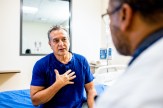Future Northeastern University student’s dream of becoming a doctor stems from childhood promise he made in Nigeria
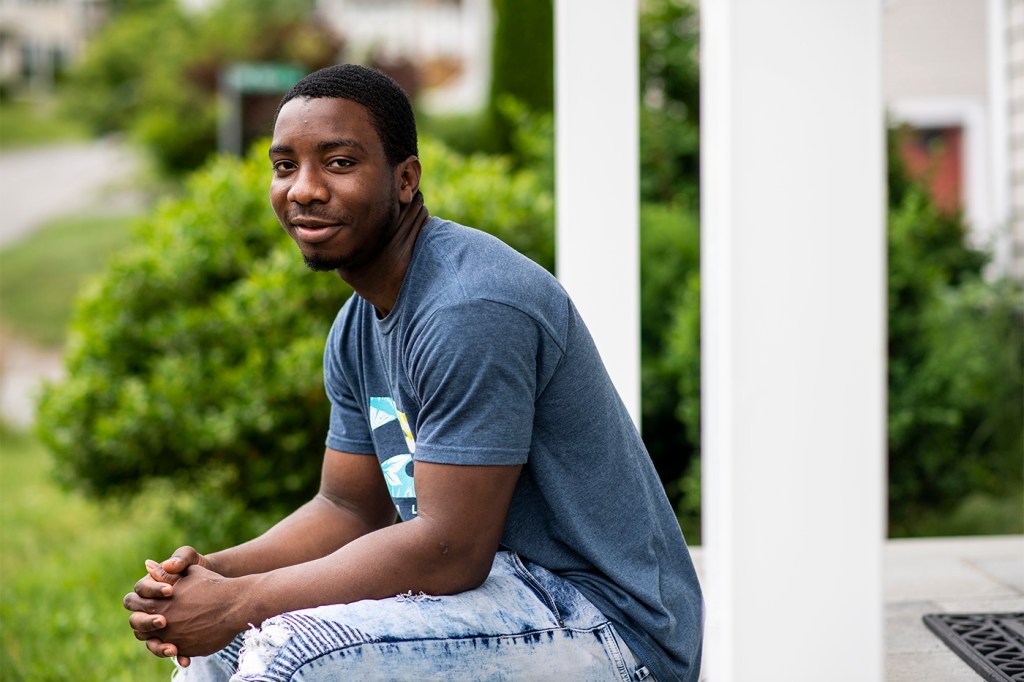
On a warm night in his hometown of Lagos, Nigeria, Damilola Adetunla was sitting at his grandmother’s feet as she told him the traumatic story behind his cousin’s birth. And right there on his front porch, when he was just a boy, he made her a promise that has since driven him to become the valedictorian at the Jeremiah E. Burke High School in Dorchester, Massachusetts, and receive a full scholarship to Northeastern University.
Adetunla recalls his grandmother’s serious tone as she described his aunt slowly being drained of life during labor. That’s when the doctors made a nearly grave error in their diagnosis: They presumed her dead, and zipped her up in a body bag, when in fact she was merely unconscious.
“The doctor told [his grandmother] she was dead, only for them to come back and tell her that they saw the body bag move,” says Adetunla, now 18. “It was three hours after and the nurse walked by. She saw the body bag move, they opened it and they said, ‘Oh she’s not dead.’”
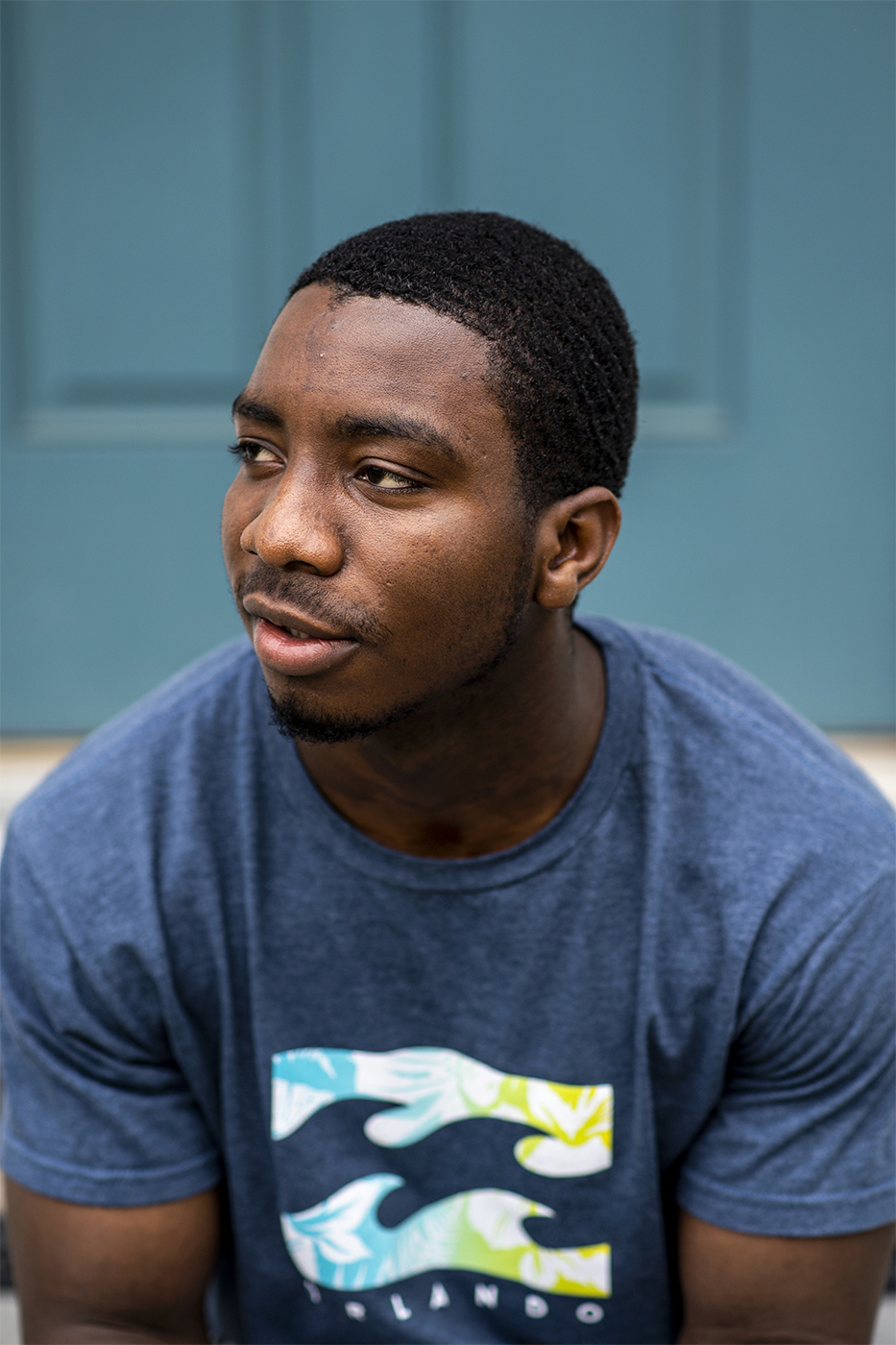
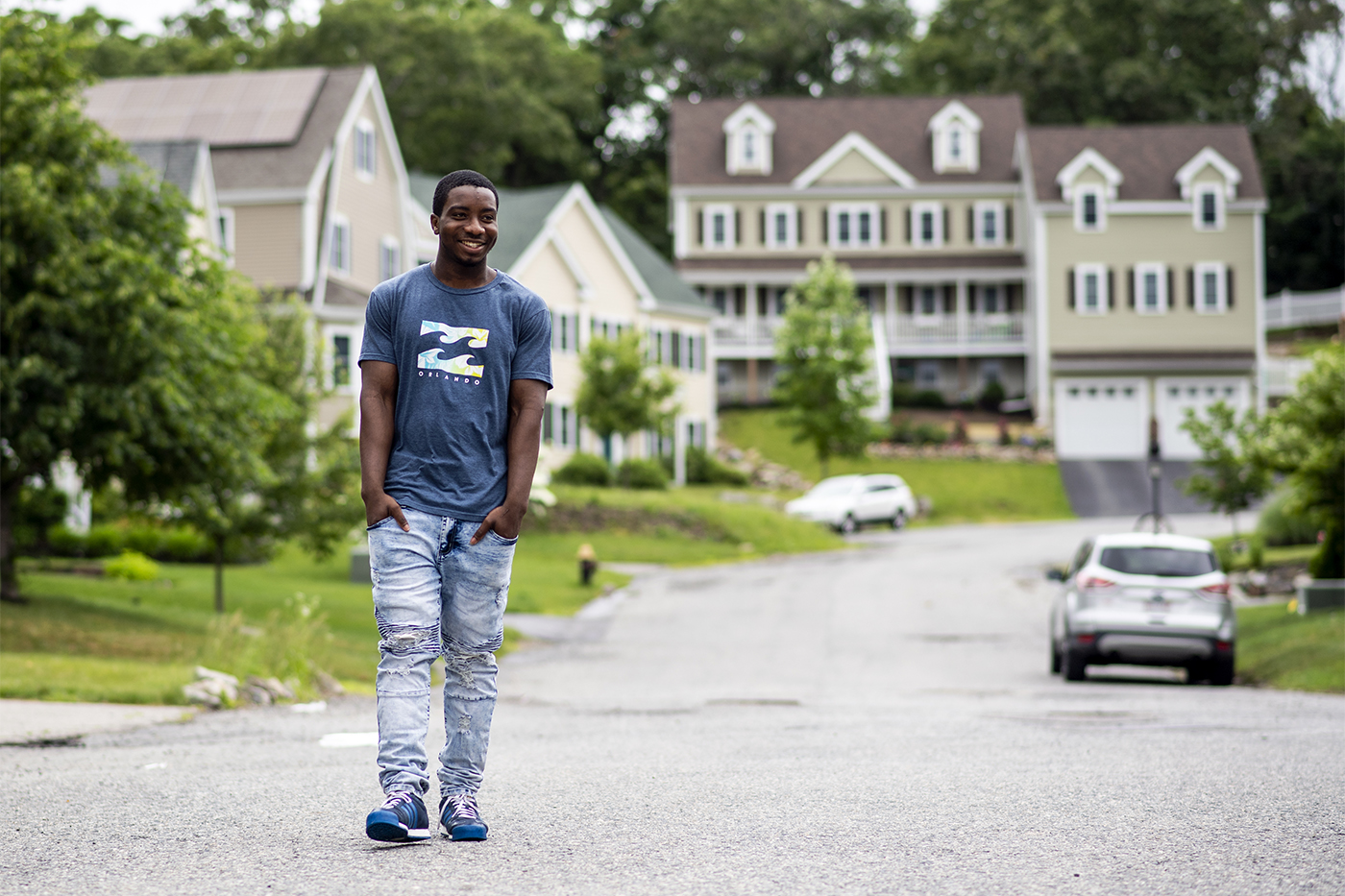
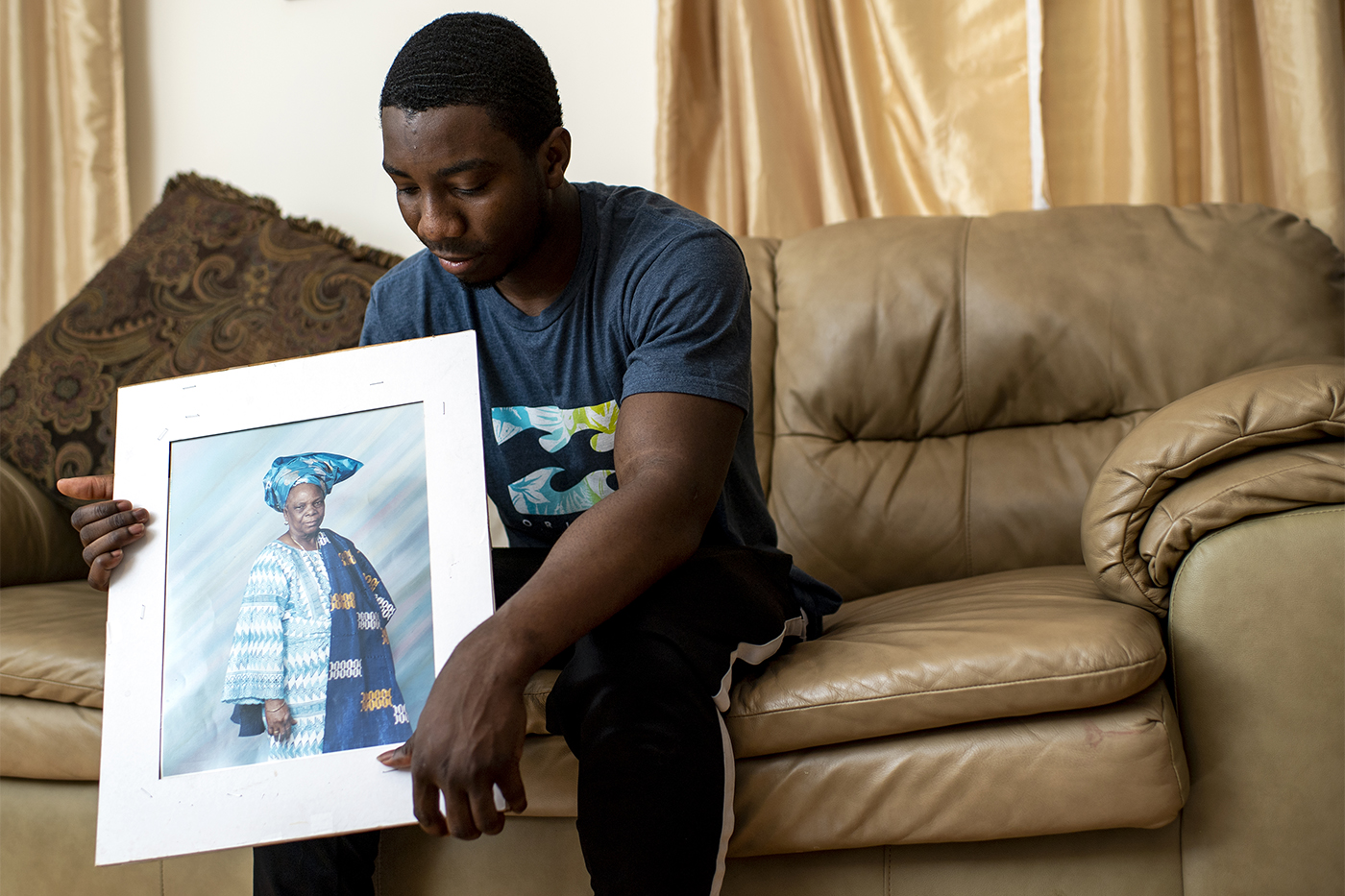
His aunt was treated properly after the initial misdiagnosis, but Adetunla says his grandmother wasn’t the same after the experience.“Even though her daughter didn’t leave, it felt like something died with [the grandmother] that day,” Adetunla says. “I just told her right there, ‘Don’t worry, I’m going to grow up, become a doctor, and fix the system.’ People shouldn’t have to lose a loved one because of a mistake.”
Adetunla describes Nigeria’s current healthcare system as “unreliable,” specifically pointing out flaws in ambulances and a pay-before-treatment mentality.
“It takes so long for the ambulance to get to you,” Adetunla says. “Someone with a medical emergency has to get to the facility themselves because relying on the ambulance is a waste of time. And in my country, the first priority isn’t to treat the person but to make sure someone is going to pay for it. That’s the first question they ask you. Those are the things I feel need to be changed.”
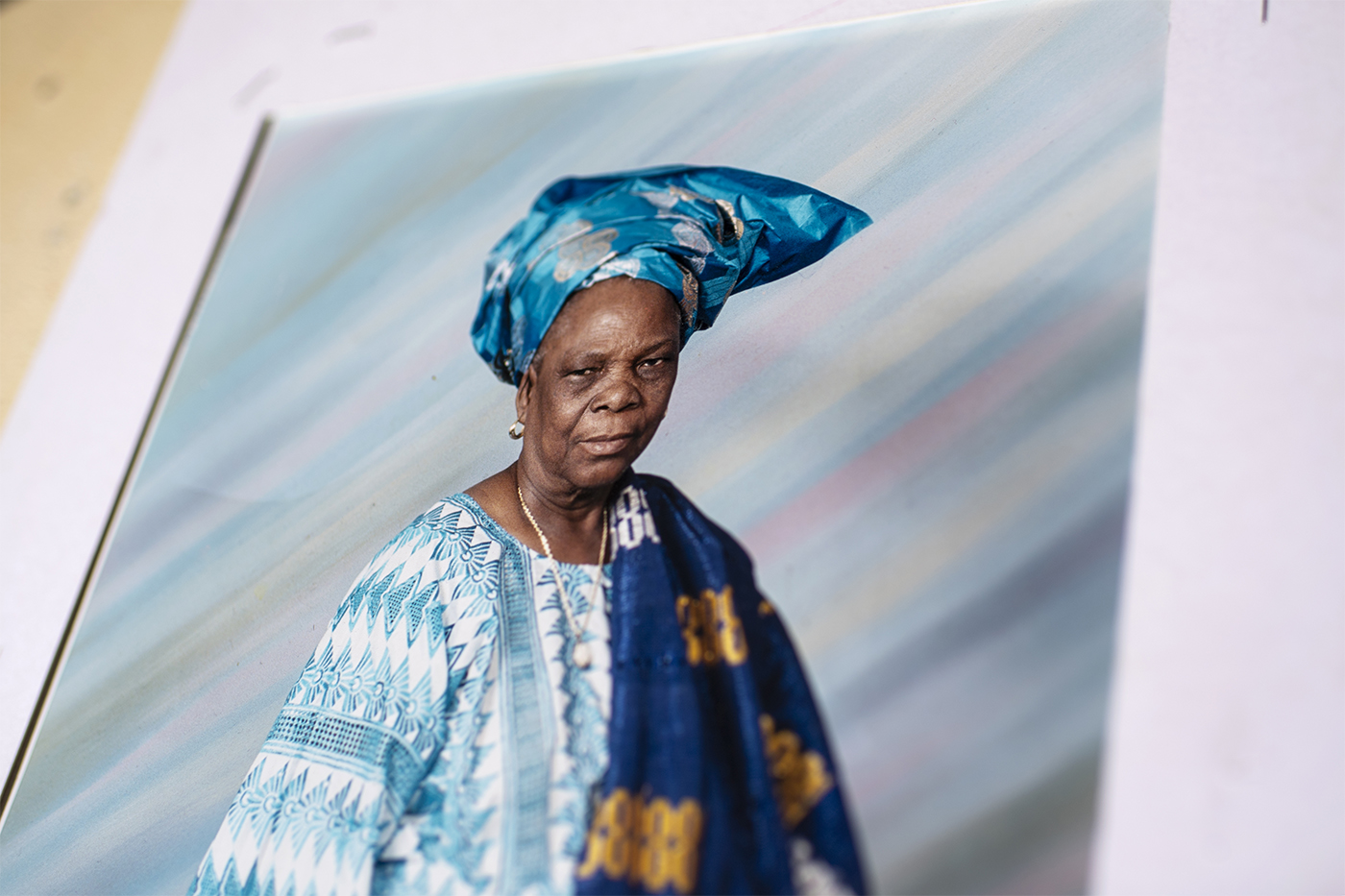
Damilola Adetunla’s grandmother Bolatito. Adetunla says he promised his grandmother that he would become a doctor. Photo by Ruby Wallau/Northeastern University
When his grandmother died in 2016, at the age of 92, Adetunla recalls, with a wry chuckle, his first thought was wondering whether she were still alive in a body bag somewhere. Although he knew this wasn’t the case, he says her death served as a reminder of his promise.
Now, Adetunla plans to major in biology and minor in neuroscience at Northeastern in the fall, all with the goal of going to medical school and becoming a neuroscientist. Adetunla says he’s excited to pair his medical ambitions with Northeastern’s internationally diverse Boston campus.
“Being in a community where there’s so many diverse people, I get to hear stories from people from other countries and hear what medical systems are like from each part of the world, which I feel like I’ll fit right in to,” Adetunla says.
For media inquiries, please contact media@northeastern.edu.


